Home / News / Industry news
Industry news
Nov 02,2025
By:Shinging
Power Distribution Cabinet Enclosure: Essential Technical Guide
Core Definition
A power distribution cabinet enclosure functions as the primary housing unit. It contains critical electrical distribution components. This enclosure ensures operational safety for both equipment and personnel.
1. Primary Functions and Purpose
Fundamental Role
The enclosure provides structural support for circuit breakers and switches.
It serves as the central hub for electrical power allocation.
Key Operational Objectives
The cabinet organizes power distribution through systematic circuit division.
It ensures circuit protection through integrated safety devices.
The enclosure prevents accidental contact with energized components.
It provides environmental shielding against external contaminants.
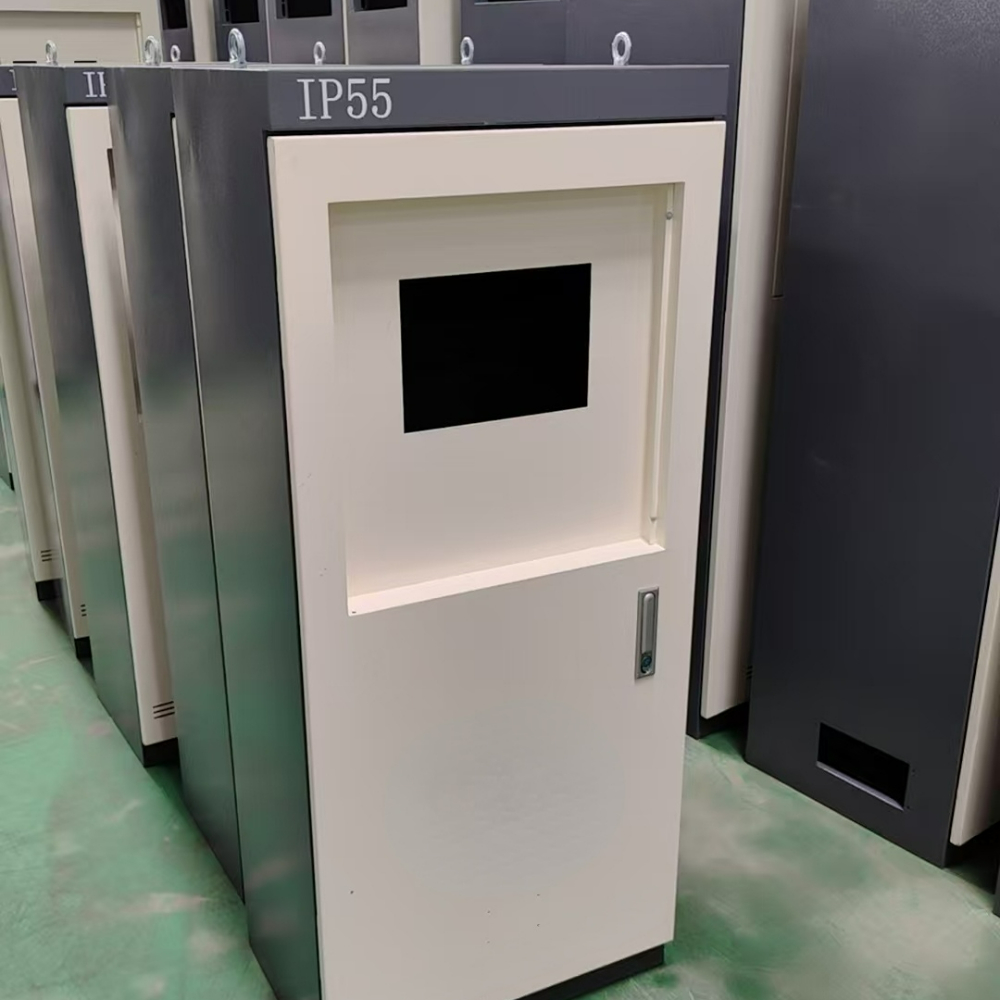
2. Technical Specifications and Classification
Material Composition
Carbon steel construction offers structural integrity for industrial applications.
Stainless steel provides corrosion resistance in challenging environments.
Aluminum alloys deliver lightweight durability with natural corrosion protection.
Polymer-based materials ensure electrical insulation in specialized applications.
Environmental Protection Standards
IP54 classification indicates protection against particulate ingress and water splashes.
IP65 rating guarantees dust-tight integrity and water jet resistance.
NEMA 12 specification defines protection against industrial contaminants.
NEMA 4X certification ensures corrosion resistance and water protection.
3. Internal Component Configuration
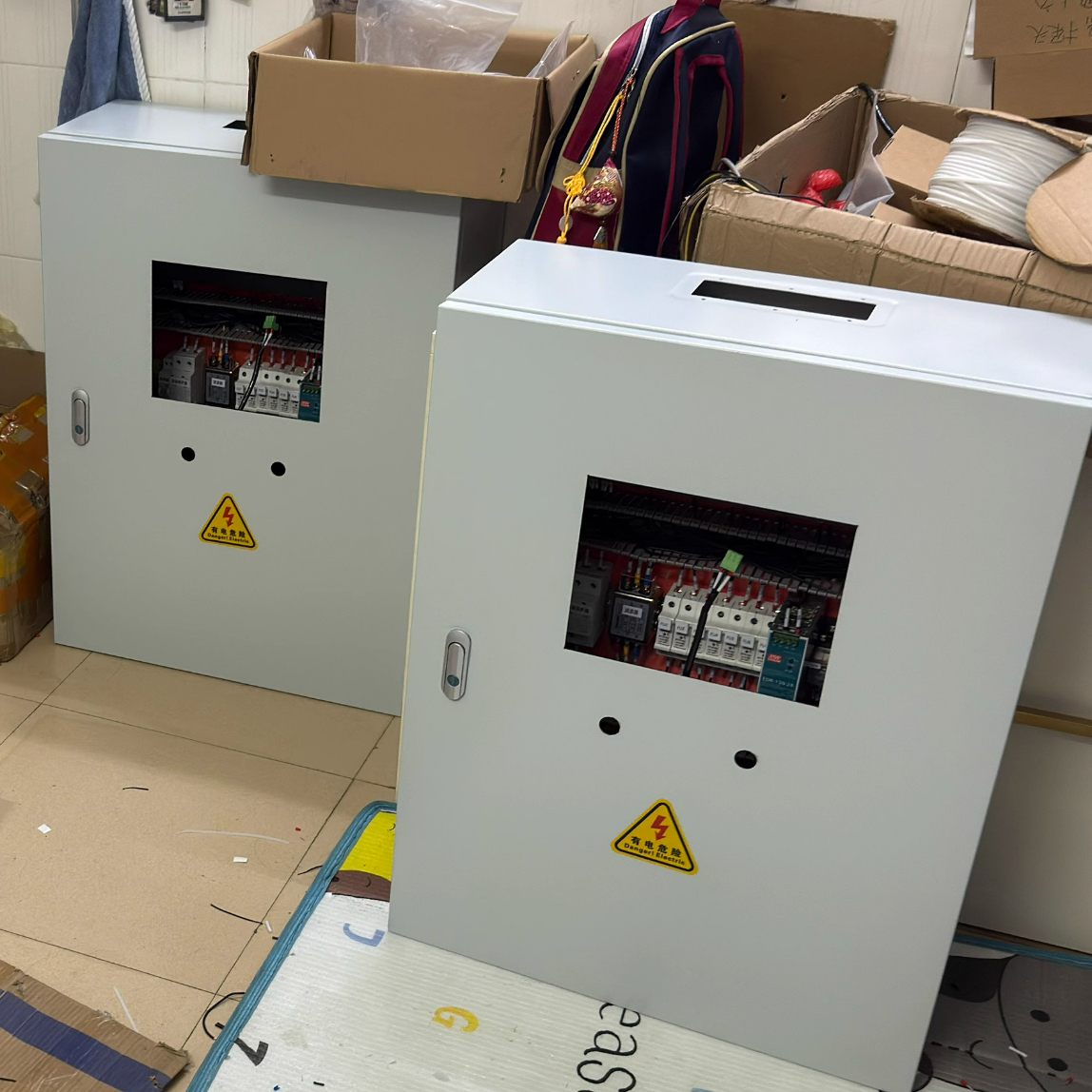
Power Distribution Elements
The main circuit breaker provides primary overcurrent protection.
Copper busbars facilitate efficient power distribution.
Branch circuit breakers protect individual power circuits.
Control and Monitoring Systems
Control contactors enable remote operation of circuits.
Programmable logic controllers automate distribution sequences.
Power monitoring devices track energy consumption patterns.
Safety and Support Components
Surge protective devices mitigate voltage transients.
Thermal management systems maintain optimal operating temperatures.
Wiring organization systems ensure proper cable management.
4. Design and Implementation Considerations
Planning Parameters
Engineers must calculate current and future capacity requirements.
Adequate space allocation ensures proper thermal management.
Logical component arrangement facilitates maintenance operations.
Installation Requirements
Proper site selection considers ventilation and accessibility.
Secure mounting establishes stable operational foundation.
Correct grounding implementation ensures electrical safety.
Clear workspace maintenance supports safe operation.
5. Thermal Management Systems
Heat Generation Factors
Electrical components naturally produce thermal energy during operation.
Temperature Control Methods
Natural convection cooling suffices for minimal heat loads.
Forced air circulation enhances heat dissipation.
Active cooling systems address significant thermal loads.
Anti-condensation heaters prevent moisture accumulation.
6. Safety and Maintenance Protocols
Regulatory Compliance
International standards govern enclosure design and implementation.
Certification ensures compliance with safety requirements.
Operational Maintenance
Regular inspections identify potential issues early.
Periodic connection maintenance ensures reliable performance.
Climate control system checks maintain proper operation.
Access control procedures enhance safety during operation.
7. Common Implementation Errors
Inadequate capacity planning restricts system expansion.
Insufficient thermal management reduces component lifespan.
Incorrect protection rating selection compromises environmental security.
Poor cable organization impedes maintenance activities.
Inadequate identification systems complicate troubleshooting processes.
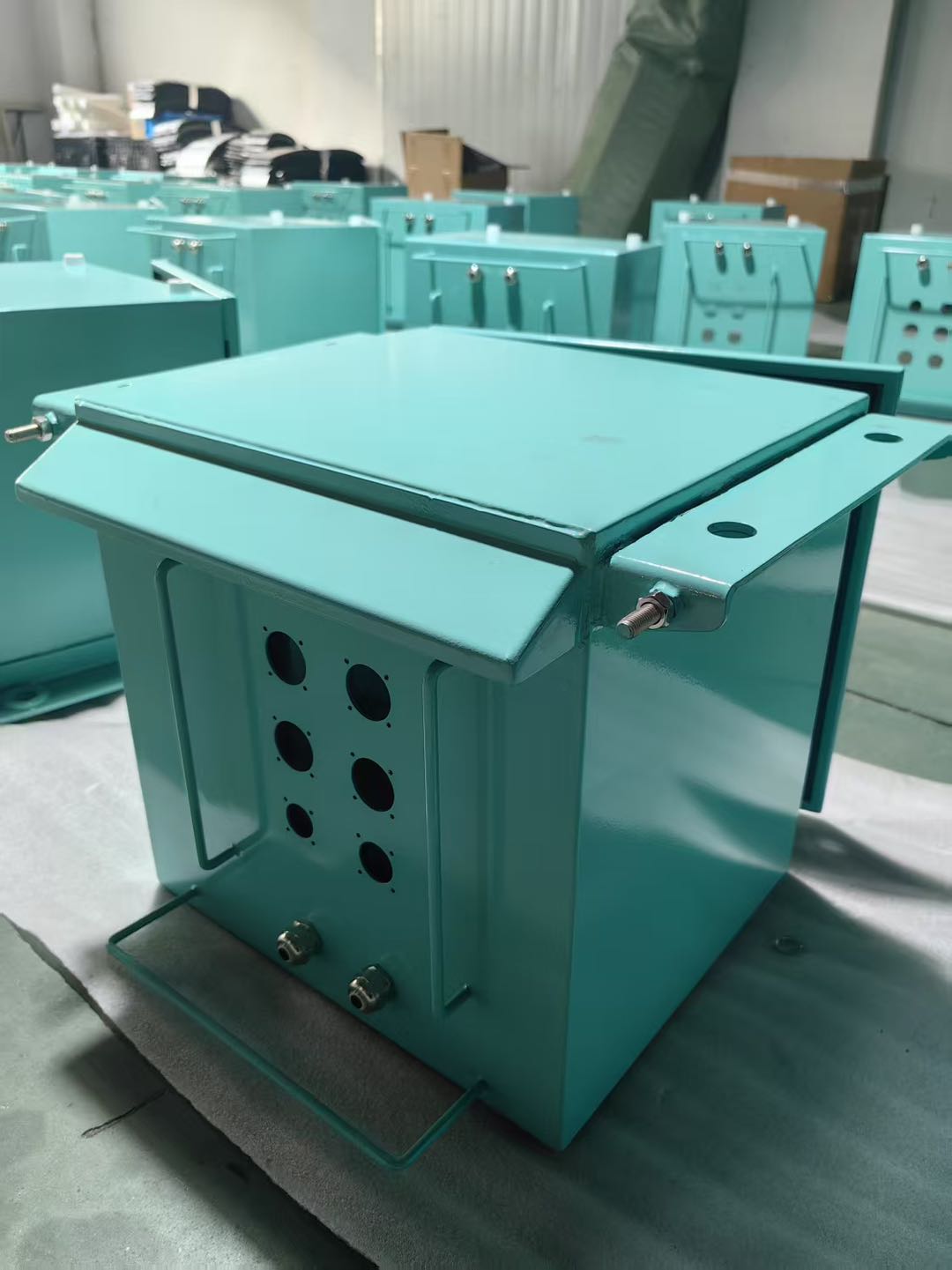
Water treatment facilities are the unsung heroes of modern civilization, ensuring that millions of people have access to clean and safe water every da...
Jan 21,2026 / Industry news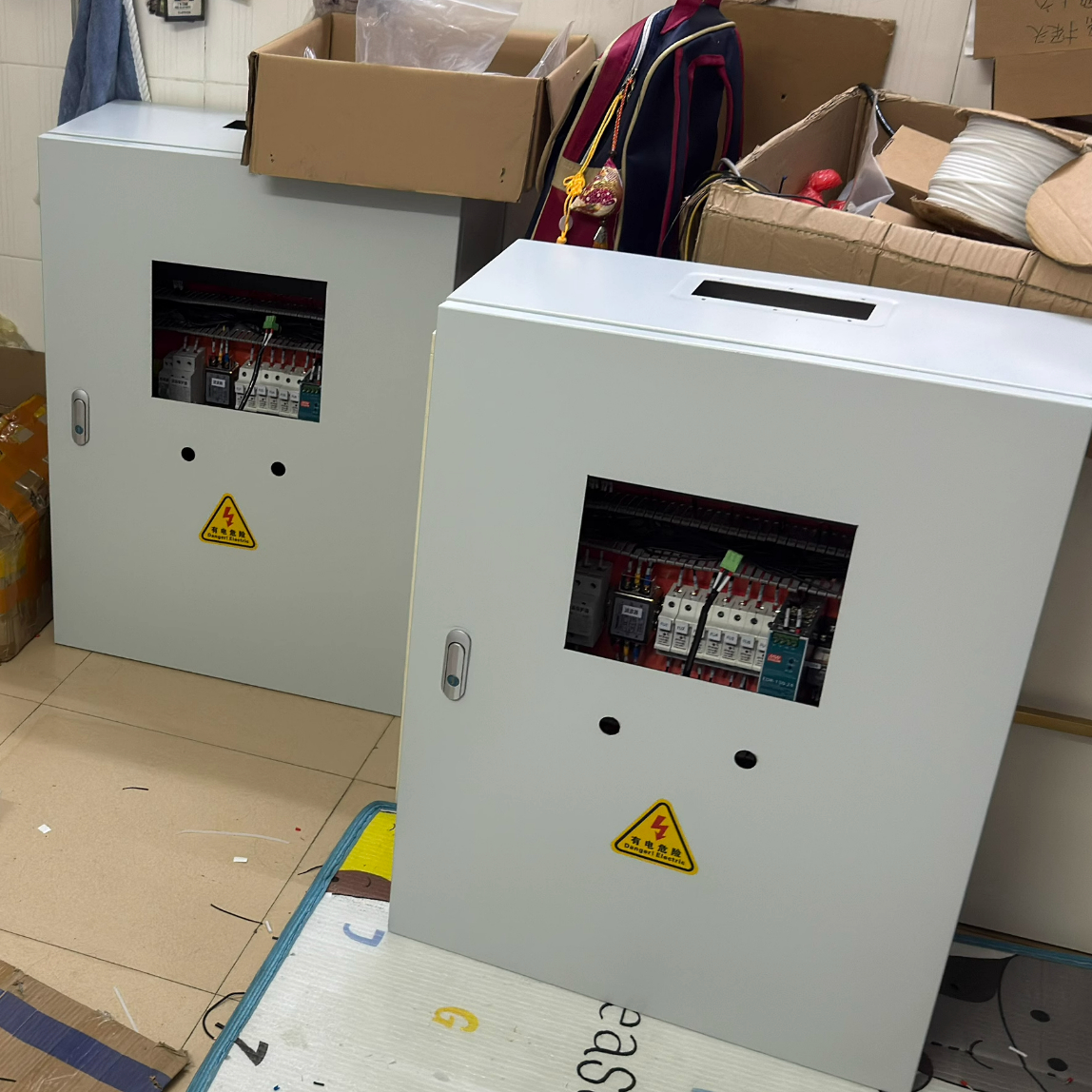
Driven by digital transformation, the industrial landscape is undergoing earth shattering changes. The core of this revolution is the integration of I...
Jan 18,2026 / Industry news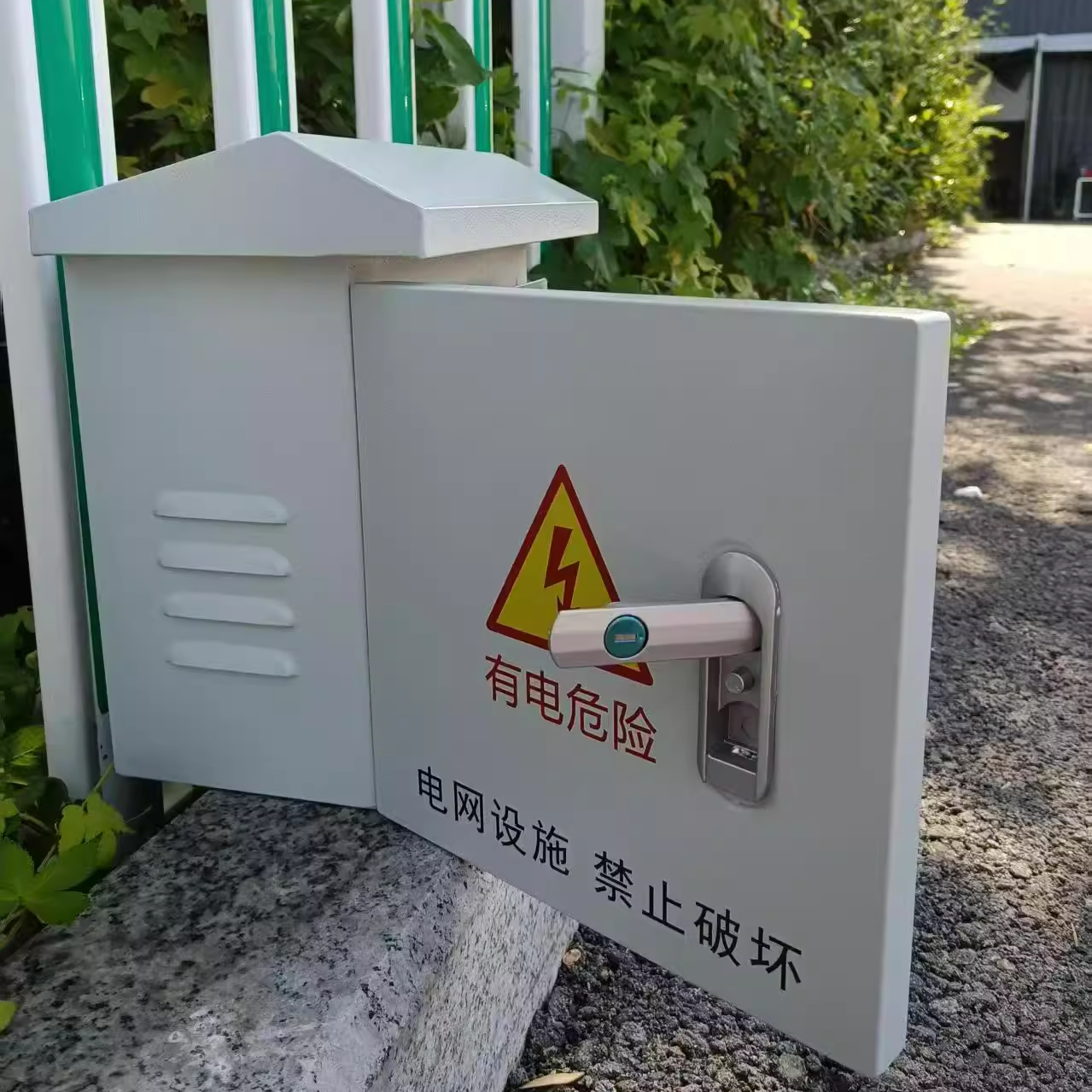
In the era of Industry 4.0, sustainable development has shifted from a buzzword to a business imperative. As manufacturers strive to reduce their envi...
Jan 18,2026 / Industry newsOnline

Provider of Complete Metal Manufacturing Solutions
+86 18939857433
1188 Jiu Ye Road, Shanghai, China
11561 N Lamar Blvd,Austin,Texas,United States of America,78753
Gyeongin-ro 56-gil 8, ,3F jjbeauty,Guro-gu,Seoul,Guro-gu,Seoul,Republic of Korea
Top
Copyright © 2025 Shinging Technology Co., Ltd.,
Power By Bontop